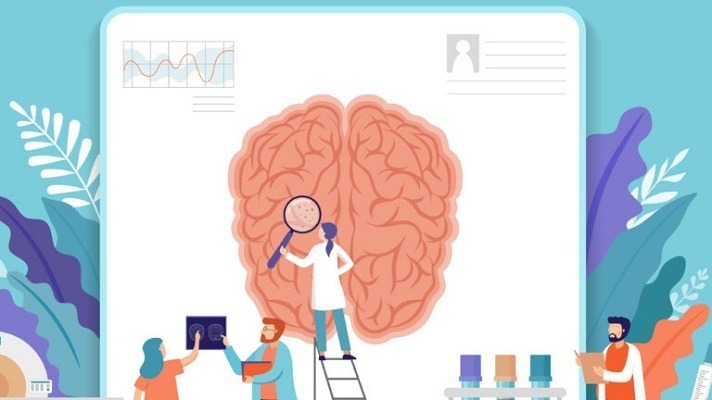Welcome to the Ultimate Neuroscience Lab: Your Smartphone
 Welcome to a new edition of SharpBrains’ e‑newsletter, featuring this time six scientific reports and industry resources plus a fun illusion.
Welcome to a new edition of SharpBrains’ e‑newsletter, featuring this time six scientific reports and industry resources plus a fun illusion.
#1. Top 10 Mental Health Innovations to Watch: Special SciAm/ WEF report
Hoping you enjoy the great series over at Scientific American and especially #7, titled Welcome to the Ultimate Neuroscience Lab: Your Smartphone, by Emory neuroethicist Karen Rommelfanger and our very own Álvaro Fernández Ibáñez.
 #2. Five thoughts to think about when thinking about the speed of thought
#2. Five thoughts to think about when thinking about the speed of thought
The time it takes for all thoughts to occur is ultimately shaped by the characteristics of the neurons and the networks involved. Many things influence the speed at which information flows through the system, but three key factors are: distance, myelination, complexity,
“This evaluation revealed significant value in introducing an evidence-based digital sleep intervention at scale within a clinical mental health service,” researchers from Big Health and Oxford Health NHS Foundation Trust conclude.
 #4. On uncertainty, stress, emotion regulation, and carpe diem
#4. On uncertainty, stress, emotion regulation, and carpe diem
“These findings from three studies with diverse samples and methodologies underscore an upside to the specter of uncertainty: it can cause people to savor the positives of the present.”
#5. Study finds ADHD is associated with dementia
“Specifically, parents of an ADHD child have a 34% higher risk of dementia and 55% higher risk of Alzheimer’s, the results showed. Grandparents have about an 11% increased risk of either condition.”
As the researchers point out, “It is thus clear how the resulting gap between the research and “real world” fields is massive.” We do have the impression that the Aduhelm FDA saga is far from over.
 #7. Quick brain teaser: What do you see? And, can you unsee it?
#7. Quick brain teaser: What do you see? And, can you unsee it?
Have a minute? Give it a try :-)
Wishing you and yours a happy and healthy month of October,
The SharpBrains Team


